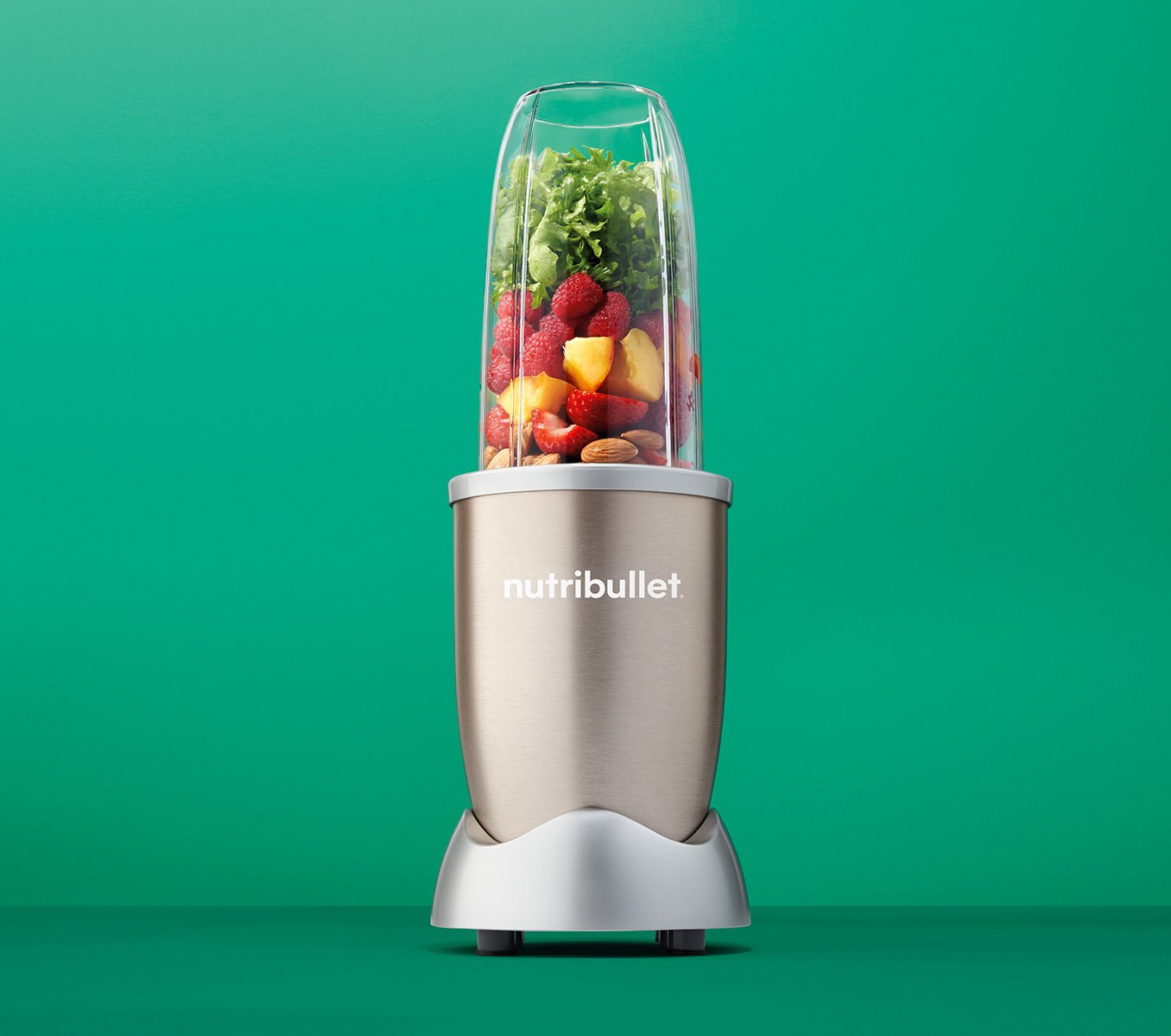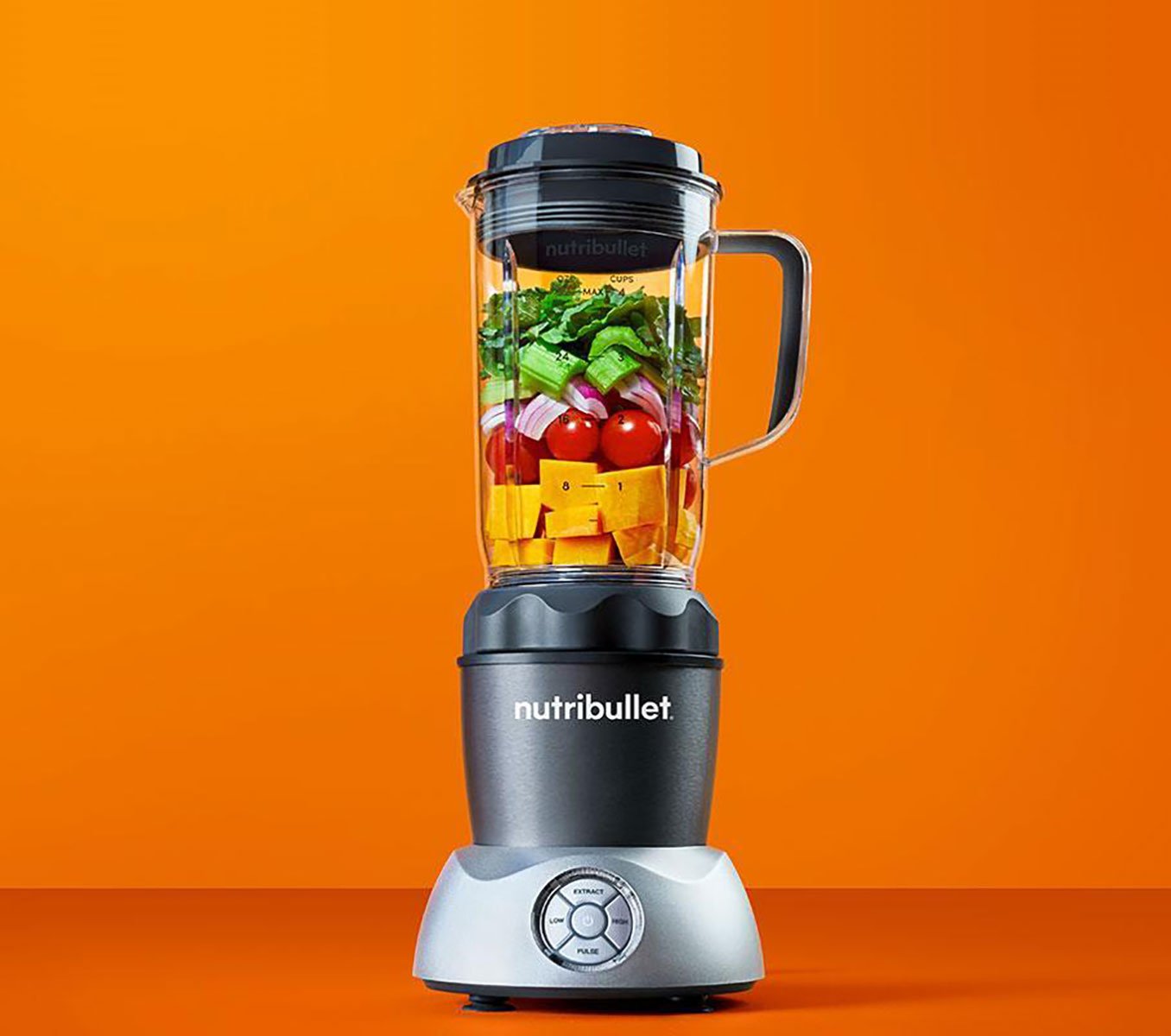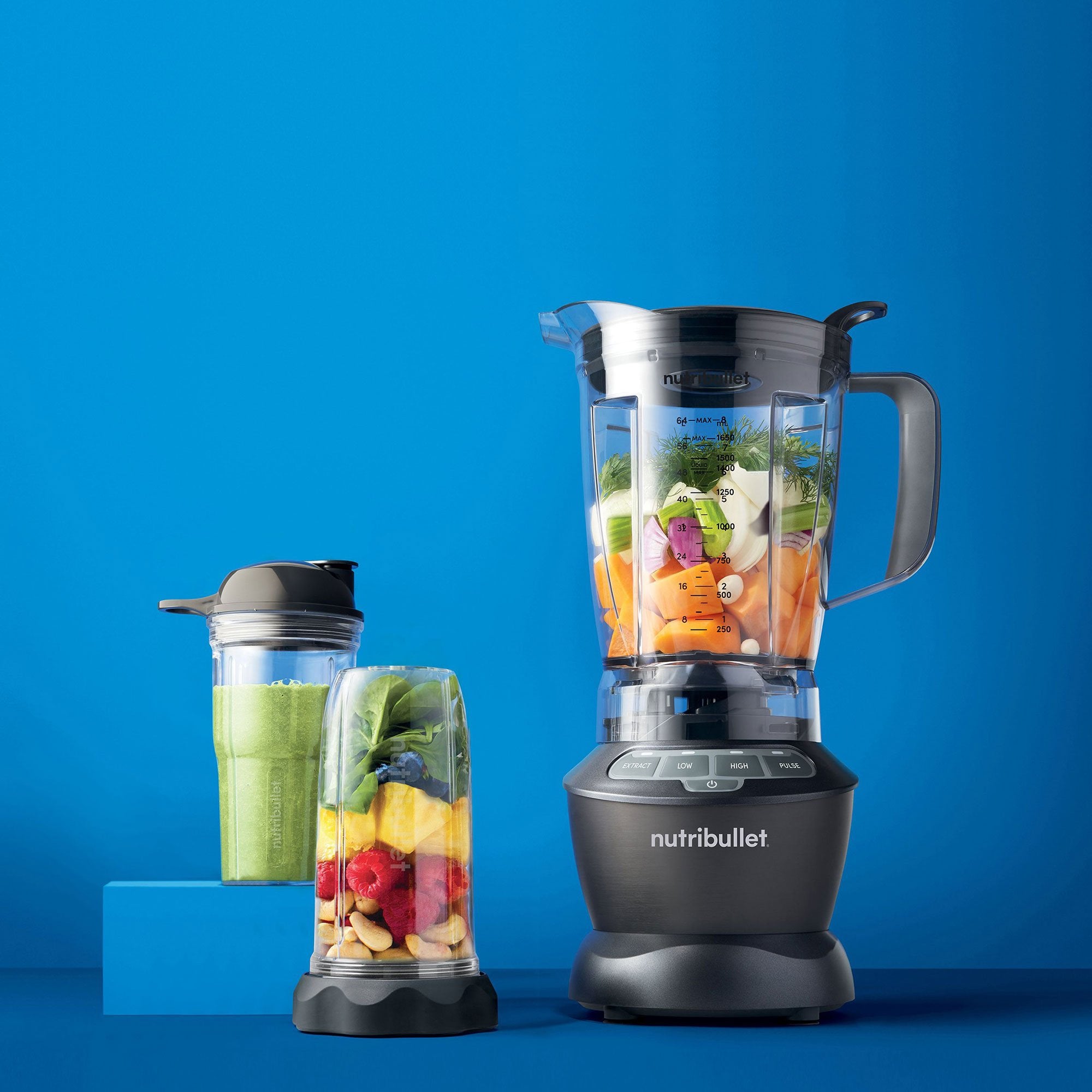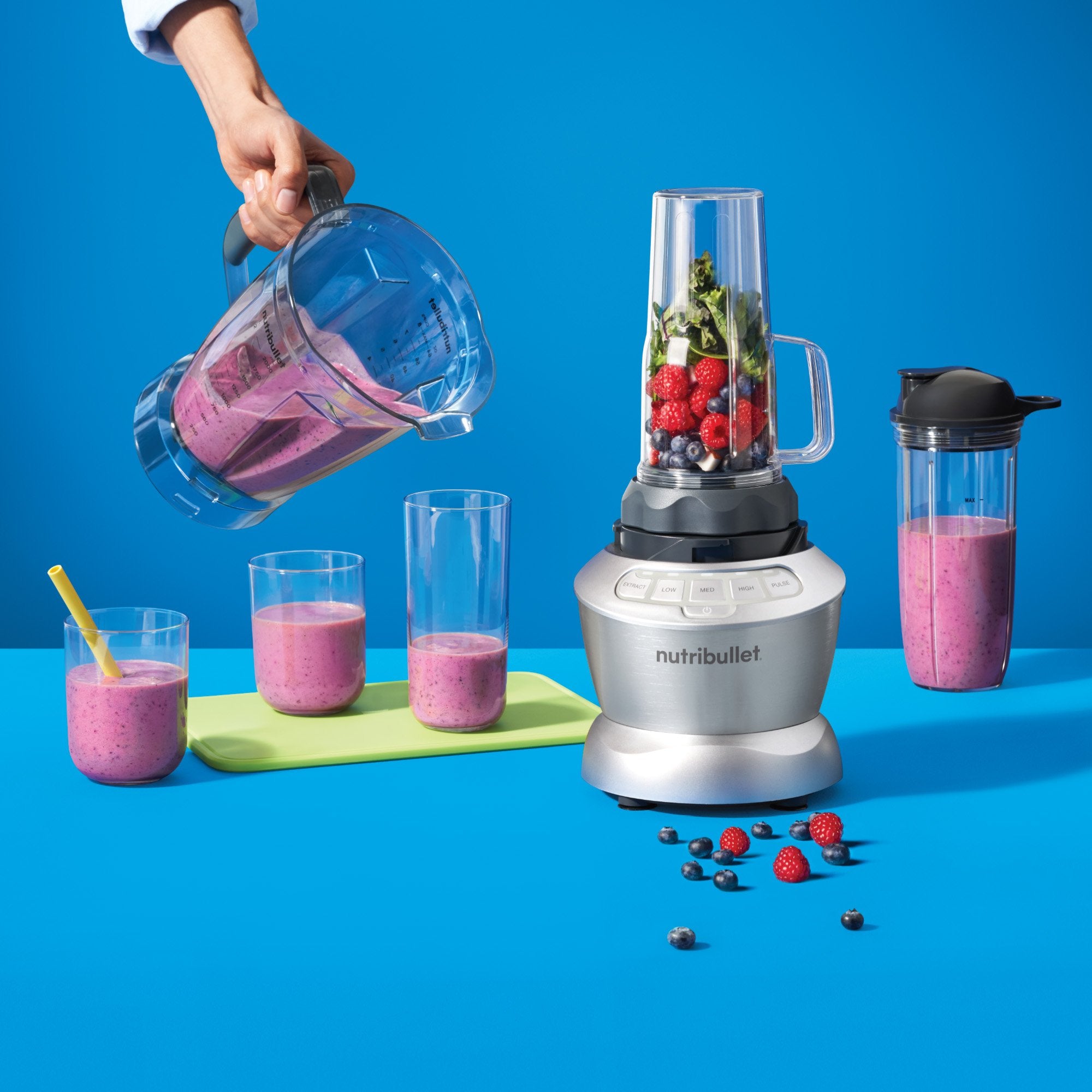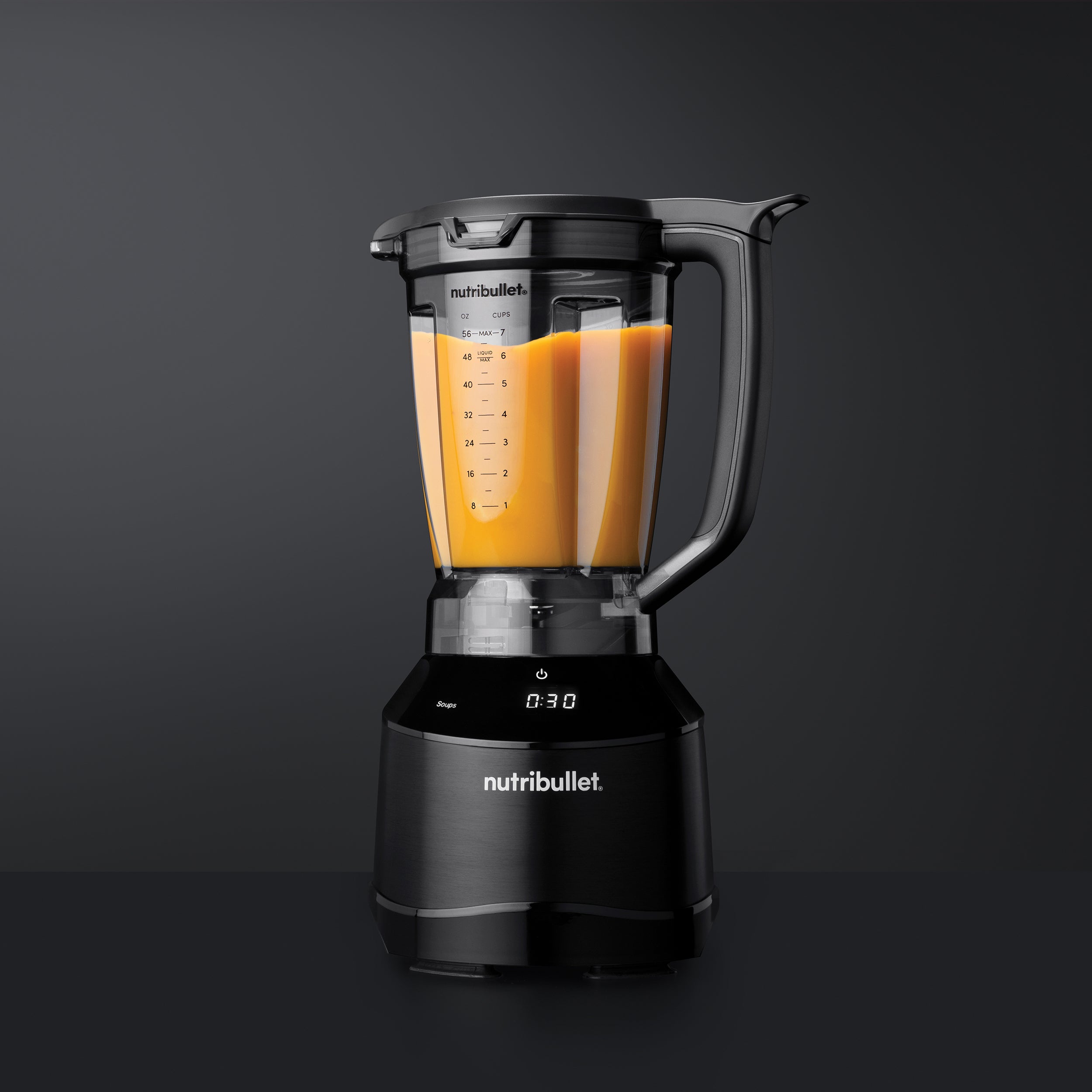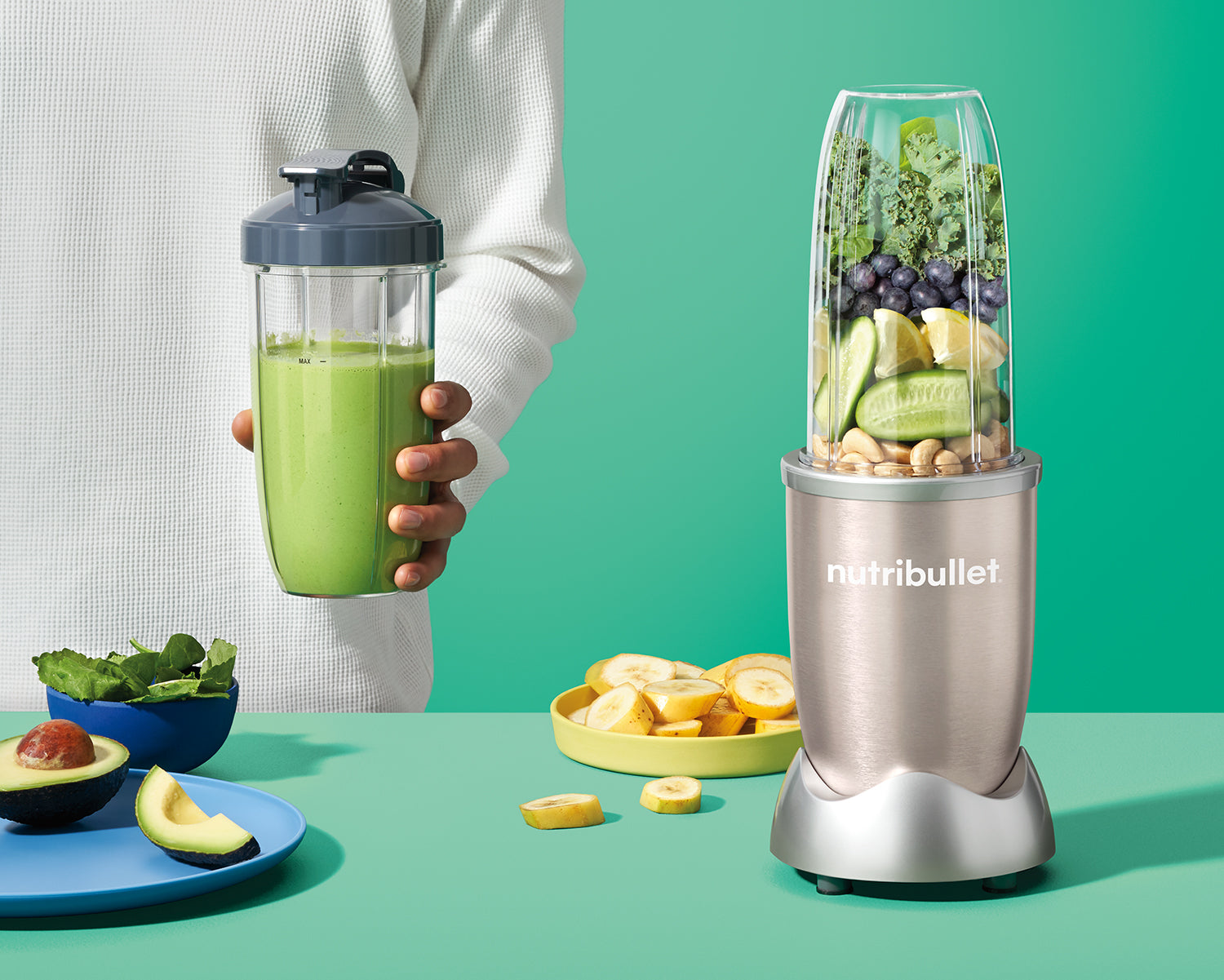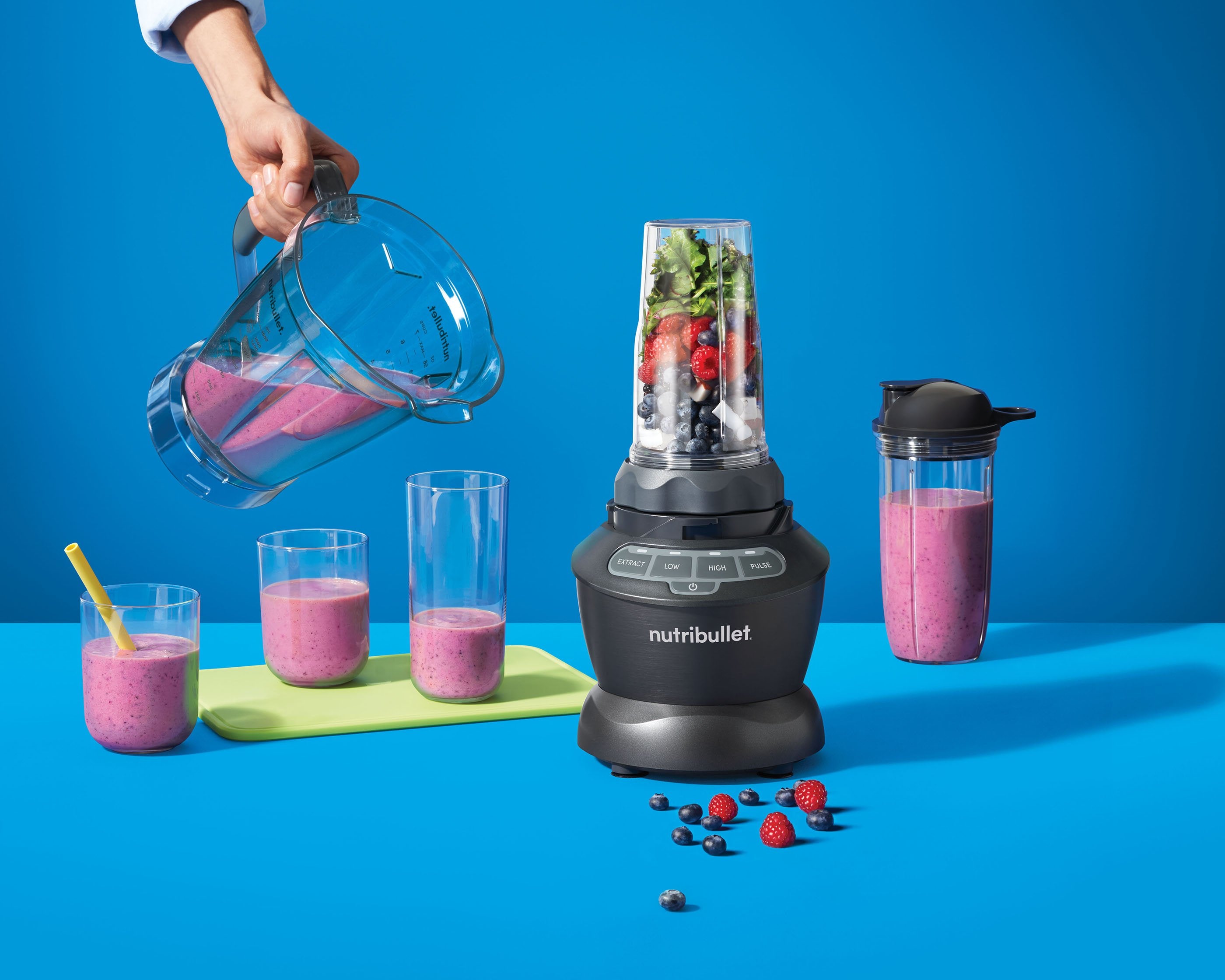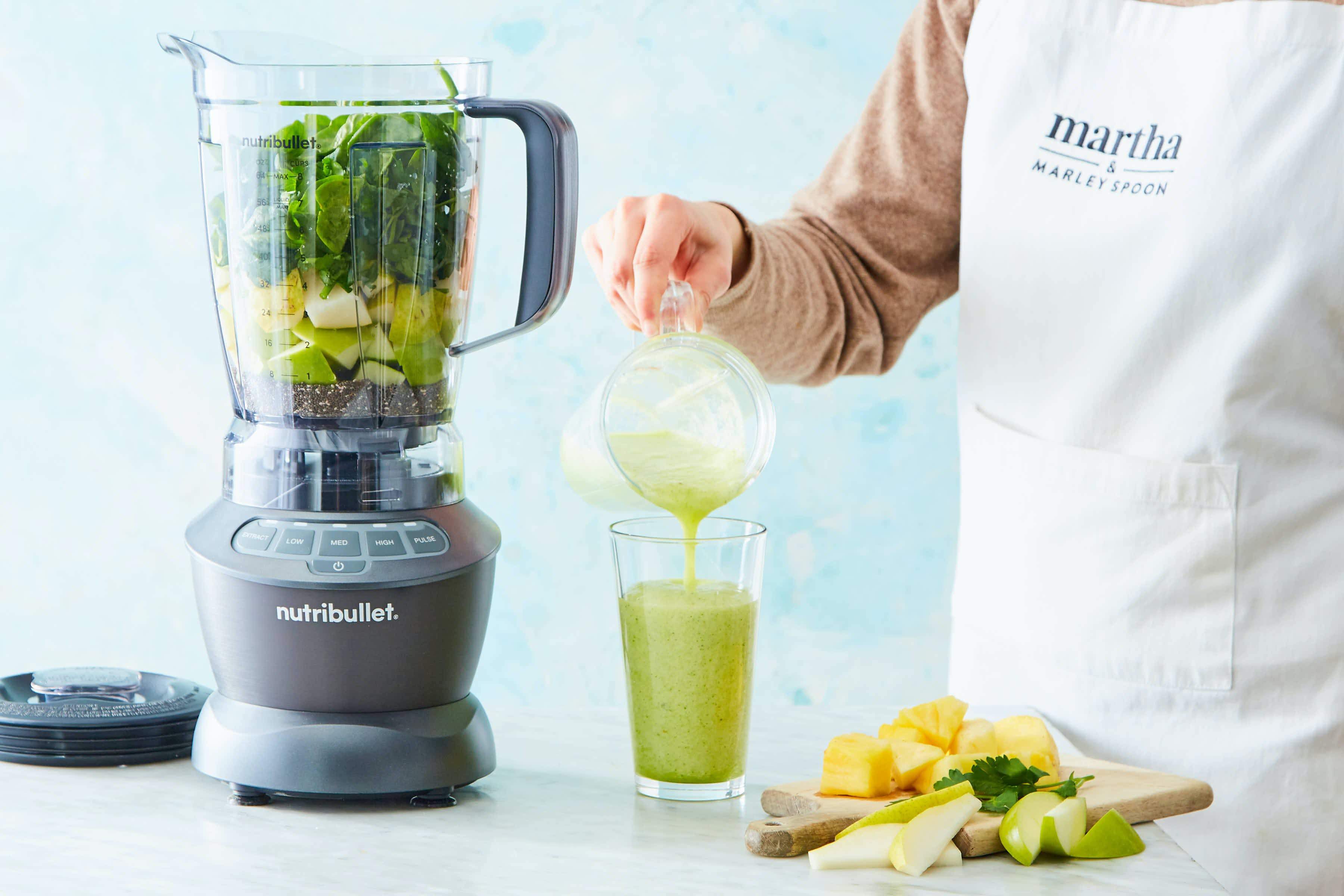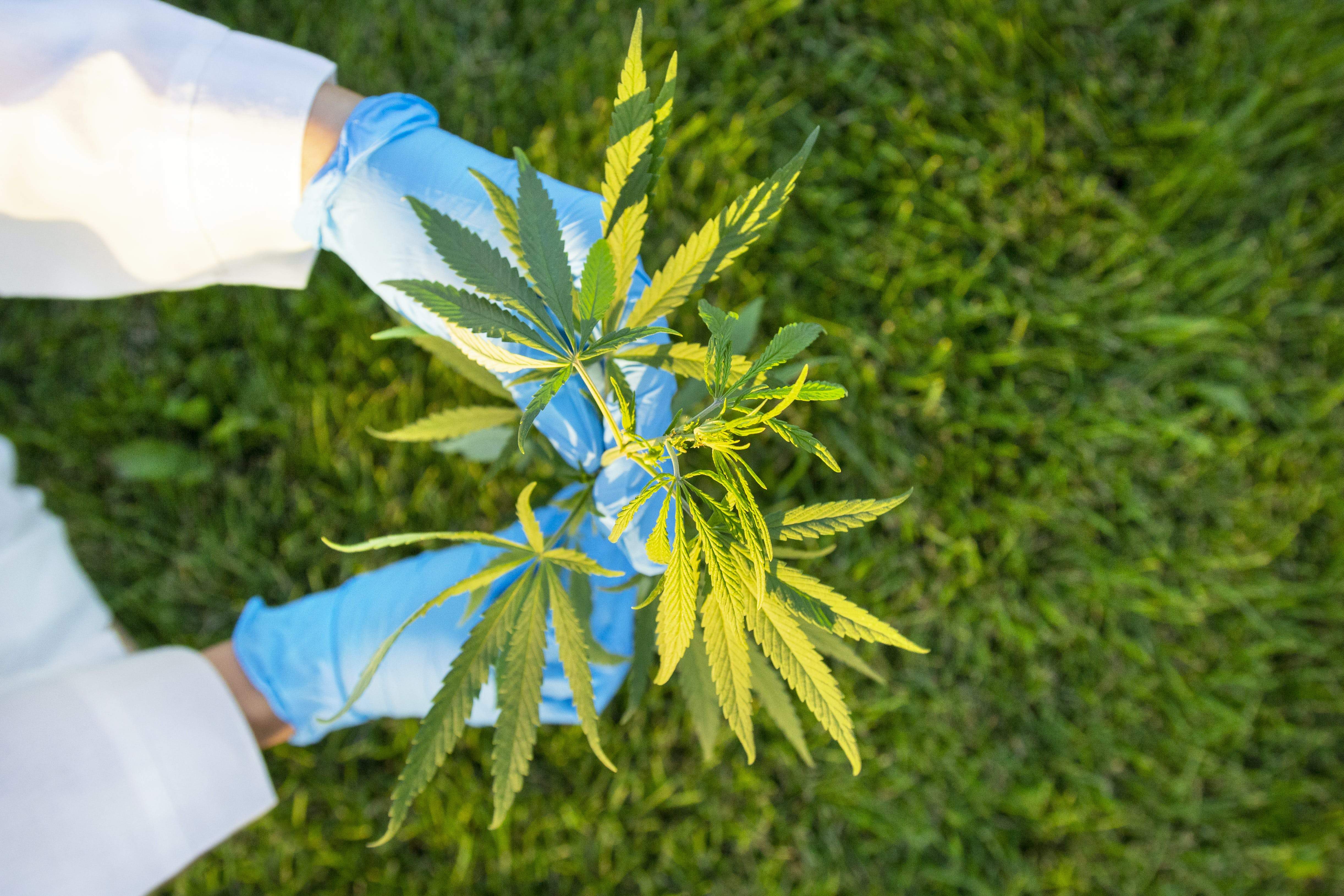Sepsis kills 250,000 people each year. But what is sepsis and how do we protect ourselves from it? In very basic terms, sepsis is a complication that occurs during an infection. It is usually treated with antibiotics that kill the bacteria causing the initial infection – but it’s often too late. Ultimately, it shuts down vital organs and leads to death.
A recent study at the University of Pennsylvania proposed that the use of gut microbes could potentially protect against sepsis. To test their hypothesis, researchers conducted their study on mice. They found that the use of gut microbes, also known as healthy bacteria, increased the levels of antibodies in those mice. With the increased level of antibodies, the mice were able to fight off the infection and, therefore, avoid sepsis. The antibodies controlled the inflammation from the infection and steered clear of the cascade of events that lead to organ failure and death.
The University of Pennsylvania scientists also noted that in past research, they have found a possible link between decreased immunoglobulin A (IgA) – which is an antibody involved in immunity – and an increased risk of death from sepsis.
This study found that IgA levels were increased after exposure to gut microbes. They even went a step further and injected blood from the mice with elevated IgA into mice who were experiencing sepsis. This resulted in longer survival rates than those of septic mice that were not injected with elevated IgA blood.
This fascinating research, which has been published in the Cell Host & Microbe Journal, is a strong first step in spurring support of similar studies in humans. If a treatment was developed and made available in hospitals, we can prevent sepsis and save many lives. We will certainly be on the lookout for follow up studies on this promising topic.
Nutritional information
Recipe: Creamy Green Strawberry Dream Serving in this recipe:1
- Calories: 236.6
- Total Fat: 3.6 g 5.5%
- Saturated Fat: 0.4 g 1.9%
- Cholesterol: 0 mg 0%
- Sodium: 358.7 mg 14.9%
- Total Carbs: 45.7 g 15.2%
- Dietary Fiber: 9.9 g 39.4%
- Sugar: 22.1 g
- Protein: 8.1 g 16.2%
- Vitamin A: 481.9% Vitamin C: 244.1%
- Calcium: 68.5% Iron: 26.1%
* Percent Daily Values are based on a 2,000 calorie diet. Your daily values may be higher or lower depending on your calorie needs.

